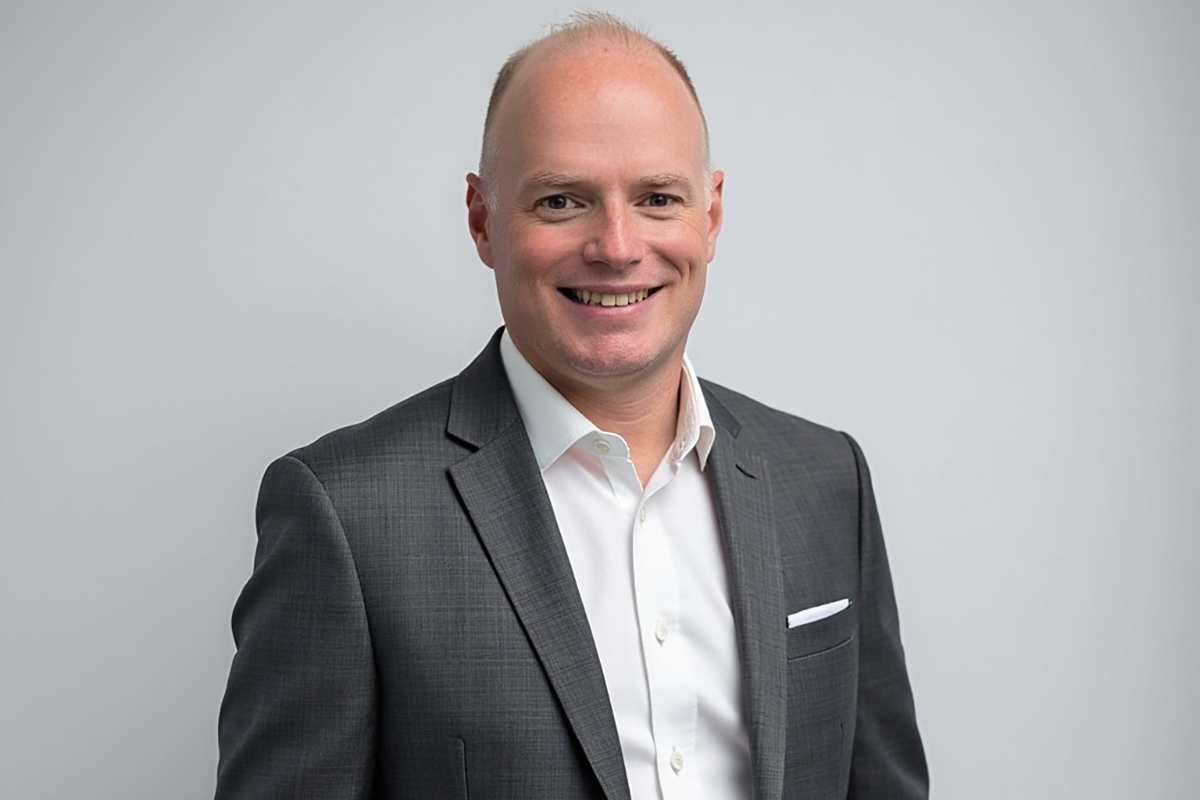
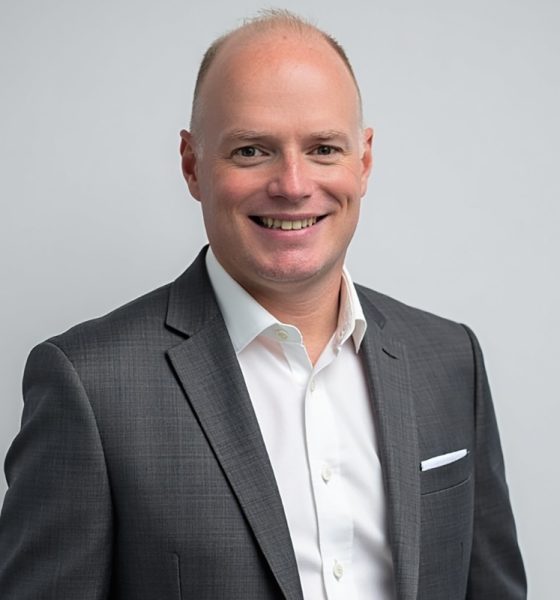
Interviews
Consolidating brands efficiently to achieve high growth
Tom Walton, Director at technology consultancy, Burendo, shares how operators can achieve sustainable profitability with learnings from other sectors
Operators who are merging and acquiring other businesses, launching new products or even integrating third-party technologies, can find themselves navigating complex internal processes. It is a complex large-scale challenge. Where M&As are commonplace, brand consolidation can be critical when securing sustainable profitability while planning for higher returns in the future. Within the emerging LatAm and US markets, acquisition remains a key focus. A common issue, regardless of geography, is the challenges presented by outdated or fragmented platforms and systems, a major obstacle in the growth trajectory.
In many cases, fundamental changes in how the organisation functions: its people, processes and technology holds the key to better value, higher profits, operational efficiency and reduced risk. By addressing these complexities with proven experience, technology consultants can support operators to be successful in their strategic initiatives.
Agility in competitive markets
To remain competitive in an ever-changing market, operators must move fast and with agility to refine their offering. A constant eye on retention, acquisition and regulatory changes is paramount to avoid financial impact. Despite this risk, research conducted by Accenture in 2022 found that 95% of B2B and B2C C-level executives believe their customers are changing faster than they can change their business, indicating most operators risk falling behind. This poses the question of how this can be supported.
The value of technology consultancies is in enabling businesses to extract greater value from existing resources through a confident understanding of what good looks like. Bringing external ideas gathered through experience, exemplary resources from process to people, can demonstrate what good looks like. More importantly, it shortens the timeline to achieving real goals in the organisation. Being under resourced or lacking the skills needed across these challenges makes it difficult to gain an overarching perspective particularly within a siloed approach.
At Burendo, we leverage more than 40 years of cross-sector experience. We are not only working with some of the biggest operators in betting and gaming, but partner with other highly regulated industries including finance and healthcare. We have helped operators across many initiatives helping them to realise cost savings or increased revenue in a matter of weeks. We pride ourselves in ensuring we leave a lasting positive impact on the culture, enabling our partners to be empowered to carry on our work.
The retention battle
Many operators are too busy with day-to-day tasks or overwhelmed with where to start when it comes to transformation and building a cutting-edge user experience. An example of the gap between capacity and demand is the rising popularity of in-play betting. During live sports, the speed in which players can find and place their bet is critical. Here, streamlined processes that allow for quick innovation will correlate with customer satisfaction, resulting in higher retention rates.
A fresh perspective for lasting change
A successful approach to optimisation requires taking the challenge and viewing it from an experienced and innovative angle. Our partners truly benefit from best practice and valuable lessons derived from other sectors. Through experience we have found that these challenges are not exclusive to betting & gaming and so the ability to apply these learnings drive success.
Managing complex systems and large volumes of data is a common obstacle. By applying these cross-sector principles through working with technology consultants, operators can gain valuable insight into re-engineering platforms and the skills needed, to meet both current and future demands.
Building exceptional, scalable and adaptable architectures ensures that businesses can continue to grow and evolve as the industry changes. This forward-thinking approach positions operators ahead of the curve, meaning they are poised for success in the years to come and have the agility to address any challenges or opportunities that arise.
Creating lasting change requires more than just solving immediate problems. Our goal for our clients is to maintain high levels of efficiency long after an initial transformation is complete. By empowering teams to implement and sustain improvements, operators can maintain continuous growth and unlock growth worth tens of millions of pounds, far outweighing their cost of delivery.
The focus must now shift to building stronger, more Agile organisations that can adapt to changing market conditions. Sustainable efficiency enables operators to optimise time-to-market, improve platform performance, and manage resources more effectively, creating a foundation for long-term growth.
About Burendo
Founded in 2018 and with offices in Leeds and London, Burendo is an award-winning, consultancy delivering stand-out products and services through technology. We partner with organisations to accelerate organisational value delivery and transform customer experiences.
We are pragmatic thinkers and doers who understand the operational world of organisations and customer demands. We work as a partner to give our clients the latest ideas, tools and techniques to deliver effective results that build long-term value.
For more information, you can visit the Burendo website: www.burendo.com
If you have any questions, please contact Kate Smith, Senior Digital Marketing Executive by email: [email protected]
The post Consolidating brands efficiently to achieve high growth appeared first on European Gaming Industry News.
Interviews
Christos Zoulianitis: How ENJOY is shaping the next generation of iGaming
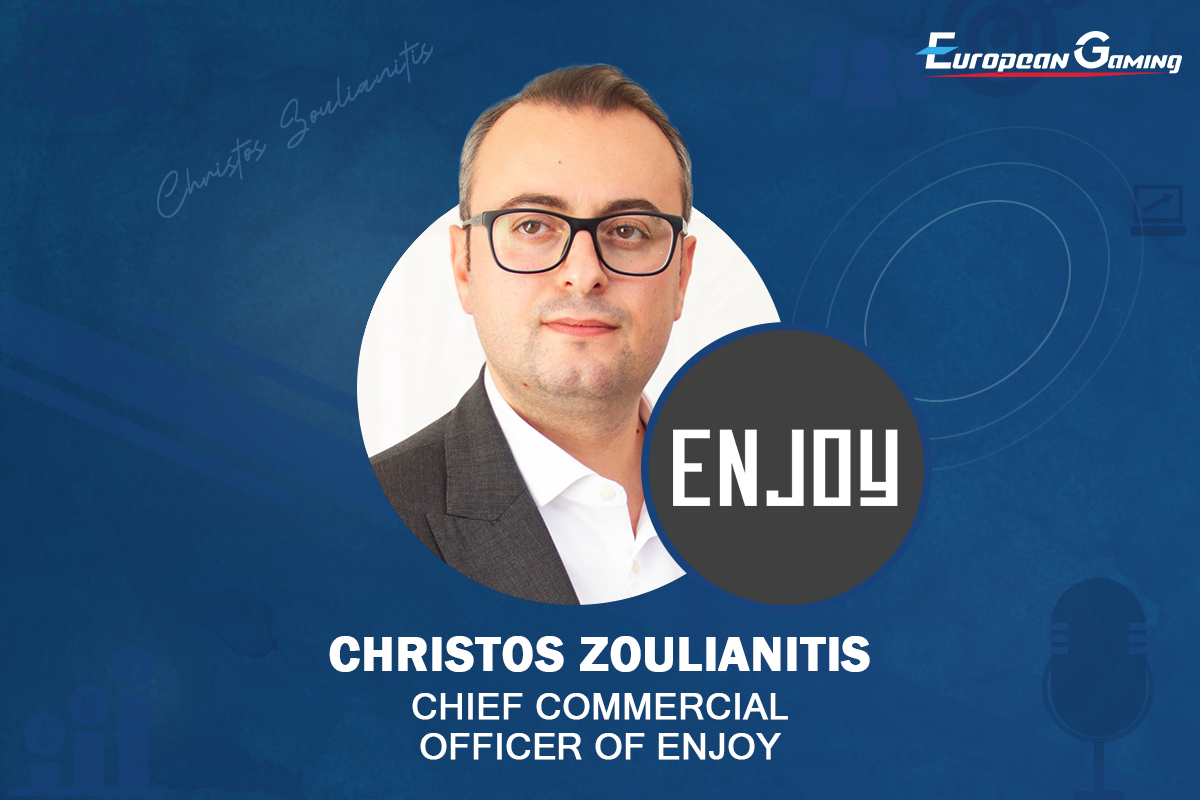
Christos Zoulianitis was recently installed as the Chief Commercial Officer of ENJOY, the industry’s newest kid on the block, which is already building a reputation for developing deeply memorable iGaming experiences that resonate with operators and players alike.
We caught up with the former Playson exec to find out how Enjoy aims to differentiate itself with its Slots and Live Game Shows portfolio, and why its experienced and diverse team is well positioned to make a major impact in the global iGaming industry.
Christos, what excites you most about joining Enjoy?
The most exciting part of joining ENJOY was the opportunity to build again something new — from the ground up — by combining the team’s extensive and diverse expertise with my own. Together, we have the power to shape fresh formats, blending the best of slot and live game development. It’s incredibly inspiring to be part of this journey and create a proposition even greater than what you’ve done before.
From a top-management perspective, it’s also thrilling to witness the team’s rapid evolution. We move fast, we grow daily — and we thrive on momentum. Every milestone we hit is not just a testament to our pace, but to our purpose. I can say that we are a very strong team that shares the same ambition of building exceptional experiences, and I believe that is the most important factor of our future growth.
Talk us through Enjoy content offering, what sets it apart from existing competition within the market?
At Enjoy, we’re focused on one factor above all: quality. Our core principle is simple — quality comes first. We create timeless slot games, but at the same time we are introducing a new experience of live game shows.
We have the market’s knowledge of what players like to play within a game and keep coming back. As I usually say, we focus on the post-entertainment factor, which is the feeling you receive after a game session ends. Because that feeling translates into long-term player loyalty in our games. What truly sets us apart is our team mindset and experience — we know exactly what works and how to do it right.
The live dealer space is a very competitive space – how has the company ensured its live game shows are appealing to operators and players?
The reason for starting to develop Live Game Shows is to redefine what live game entertainment can be through the creation of unique, next-gen Live Game Shows. Our Live titles merge the excitement of real-time interaction with the dynamic mechanics mix of slots, roulette, and wheel-based games, offering a hybrid experience that appeals to both traditional and modern players. Stepping into our studio feels like entering an entirely different universe. From the moment you walk onto the set, you’re transported into a world that rivals top-tier TV productions.
Our mission is to make players feel truly inside the game. A good example is the unique zoom-in effect we have implemented into our latest blockbuster Enchanted Forest, which makes the player feel like they are walking inside the forest of this magic studio. So, whether you’re spinning the vibrant Wonder Wheel, diving into the mystical vibes of Enchanted Forest, or experiencing the luxury of x320 Roulette, each of our game shows offers a unique gameplay that grips the player.
This level of immersion doesn’t happen by accident — it’s the result of meticulous work and passion poured into every single production.
What can players expect from the Slots that you’re developing?
We’re bringing together the charm of classic mechanics with the polish of modern execution, delivering gameplay that is both instantly familiar and deeply memorable. Our best-performing titles Hot Fire Coins 2, Fire Express, and 3 Mariachi showcase the brilliance of our team to maximise the quality of the Hold and Win format – visually pleasing with plenty of features to experience.
Early performance data illustrates that these games have not only captured the attention of players across numerous international markets but also set a new standard within iGaming. Our commitment to delivering engaging and memorable gaming experiences has already helped us to gain the trust amongst operators and players alike.
Finally, can you provide us with further details on how you intend to shape ENJOY’S commercial growth?
Focusing on high-potential regulated markets is a top priority for us. Countries that we believe will provide ENJOY with the greatest opportunity to make an instant impact include Italy, Greece, Portugal and Brazil, while we’ll also be keeping a very close eye on other regions that embrace iGaming legislation.
Despite our journey being in its infancy, we’ve already secured important distribution deals with respected industry leaders such as Reevo, Digitain, Softswiss, and Slotegrator. For me, this speaks volumes about the supreme quality of our offering, with key industry players identifying the value of our dynamic roadmap. That really excites me and provides the belief that we can take the ENJOY experience to a vast global audience.
Above all else, we have an unwavering commitment to innovation, quality, and long-term relevance on the iGaming global stage. I have no doubt you’ll be hearing a lot more about ENJOY over the coming months!
The post Christos Zoulianitis: How ENJOY is shaping the next generation of iGaming appeared first on European Gaming Industry News.
Interviews
HIPTHER Community Voices: Interview with CEO of Media 24 Martins Lasmanis
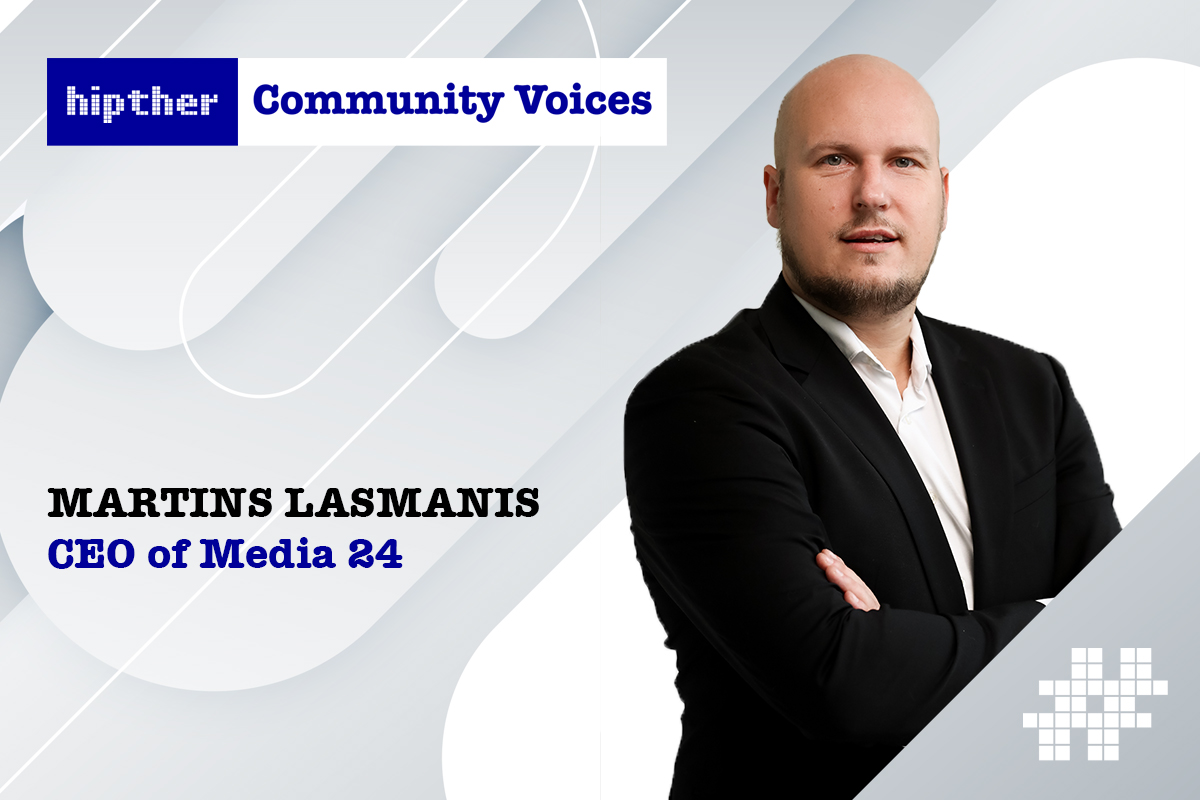
From his early days in digital marketing to leading one of the most dynamic affiliate networks in iGaming, Martins Lasmanis brings nearly two decades of hands-on experience and strategic insight to the table. In this edition of Community Voices, Martins reflects on the evolution of the industry, the bold moves that shaped Media 24’s growth, and how the company is embracing AI and a product-first mindset to stay ahead. Dive into his story of resilience, speed, and smart risk-taking — and what it takes to build a future-ready affiliate powerhouse.
Can you tell us about your journey into the iGaming industry, how your role and experiences have grown over the years, and what key lessons you’ve learned along the way?
I started in digital marketing about 18 years ago, focusing on SEO. I remember spending my first two weeks just reading everything I could find online. A lot of it turned out to be useless, but it gave me the basics. From there, I worked at a few companies, launched and sold my own digital marketing agency, and later became a freelancer.
In 2016, an affiliate marketer reached out to me through a mutual connection who recommended me based on previous work. I joined his company in 2017 as an employee. That move felt like a risk, but I saw potential.
I spent about four and a half years there. Over time, I started to see big opportunities in markets the company wasn’t willing to explore. Eventually, I decided to leave, sold my shares, and took a break. In May 2022, I joined Media 24.
One key lesson I’ve learned is that long-term consistency often matters more than one brilliant idea. And when you’re scaling fast, being agile and willing to adapt quickly is sometimes more important than being perfect.
After 8+ years in iGaming, what are the biggest changes you’ve seen in the industry, and how has Media 24 kept up with them? What key things have helped Media 24 stay strong?
Even though the industry never stops evolving, the fundamentals of affiliate marketing haven’t changed much. What has changed is the pace of Google updates. They are a constant source of stress for many SEO-focused affiliates. They now come one after another and sometimes have a big impact.
And now when AI begins to reshape how people search, affiliates will need to rethink how they attract organic traffic. In some cases, we’ve already seen that AI-driven results take away up to 30% of traffic from organic searches. Its growing impact means we should prepare for fundamental changes coming ahead.
What’s helped us most is staying extremely focused. We ran at a loss for almost two years after starting the company. It is often the reality when you are starting a SEO based business. It was incredibly stressful, we nearly ran out of money for salaries at one point. But we kept going with one plan — to make it work.
Now we have grown to 60+ websites, 300 partners and a team of over 50 people. And we didn’t aim for perfection, we aimed for progress. That speed-first mindset helped us significantly.
In a competitive industry like iGaming, looking back, can you think of an idea or plan that felt very risky at first but ended up being a big success for Media 24? What did you learn from that?
One of the riskier moves was our “plant seeds everywhere” strategy. We decided early on to enter almost every market where sports betting was popular. Around 90 GEOs in total. In some cases, the numbers said we shouldn’t bother doing that. But we trusted our instinct.
In that way we were able to quickly identify promising markets, then double down where the data started to make sense. It taught us that data is crucial, but so is intuition. Especially in an industry where emerging markets can surprise you.
It also helped us distribute risk. With presence on so many markets, external factors like Google updates or website blocking had a much smaller impact on the overall business. That made Media 24 much stronger and agile in the long run.
Does Media 24 use new technologies like AI? If so, how does using these technologies help the company get stronger or better at what it does?
Definitely. AI-powered tools have already helped us a lot. For example, we noticed a content formatting task that took our managers hours every day. It was repetitive and added up to dozens of lost hours weekly. So, we built an AI-powered algorithm to automate it. Now it takes just minutes, saving our team days and weeks of work each year.
We’re watching AI closely and see a lot of potential. A few months ago, we started developing an AI-first mindset across the team, setting up bi-monthly meetings and workshops to explore how we use these tools and what’s possible. It’s already changing how we work, and we hope to build up on that. The goal is to figure out how we can optimize our work processes and eliminate as many routine, repetitive tasks as possible. We want to free our employees as much time as possible to think, to create, to be proactive, and to create value.
If you could give one piece of advice to someone wanting to build a successful company in iGaming today, what would it be?
Focus on building something future-proof. That means strong partnerships, transparency, and a long-term mindset. In affiliate marketing, a lot of your success depends on trust. Both with users and with operators.
Also, don’t wait for everything to be perfect before launching. Start fast, learn fast, and improve as you go. The ability to move quickly is still one of the biggest advantages you can have in this space.
What are the main future plans for Media 24, and what kind of impact do you hope the company will have on the iGaming world in the years to come?
Our focus is on becoming a product-driven company. We’re seeing a shift in the industry, many affiliates are building tools and user experiences that go far beyond what was considered enough a few years ago. That’s the direction we’re heading as well.
The new generation of players wants better experiences. We hope Media 24 can play a leading role in creating what the future of affiliate marketing looks like. Agile, technological, and always focused on the user.
The post HIPTHER Community Voices: Interview with CEO of Media 24 Martins Lasmanis appeared first on European Gaming Industry News.
Interviews
Crush Test for iGaming Projects: SOFTSWISS on Why High Load Performance Defines Operator Success
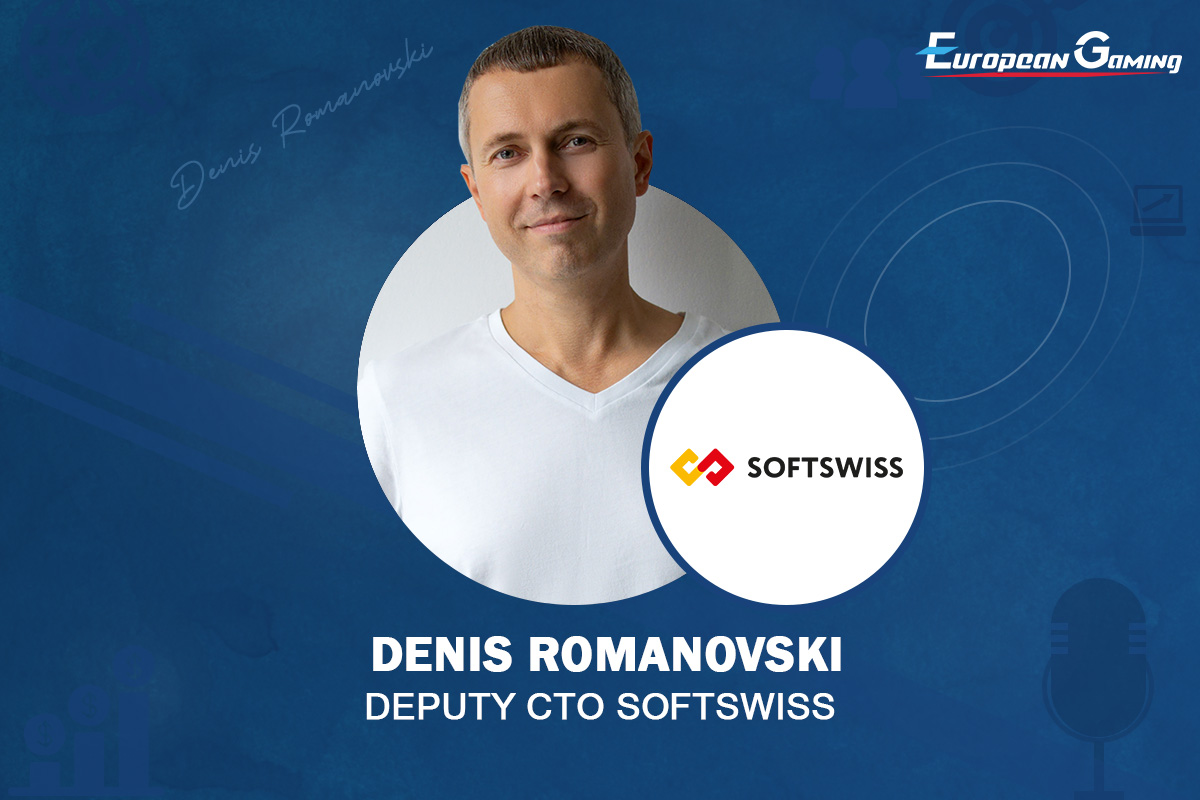
For iGaming operators, success depends not only on content and marketing but on their ability to stay online when it matters most. We spoke with a SOFTSWISS expert, Deputy CTO Denis Romanovski, to understand what’s really at stake during high load events, what mistakes others make, and what architectural decisions allow platforms like the SOFTSWISS Game Aggregator to consistently deliver 99.999% uptime – even at peak moments.
When a platform fails under high load, what are the main negative consequences for operators?The fallout hits three fronts at once. First of all, you lose revenue. Every failed bet is a direct GGR gone. In a one-minute outage during peak hours, you could lose tens of thousands of euros before you even spot the issue. Second, frustrated players flood the support team with refund claims and bad reviews. Most of them switch to your competitor. Getting those players back costs far more than keeping them happy in the first place. And third, in the scramble, tech teams try to spin up extra cloud capacity at premium rates or engage pricey third-party consultants. Those crisis-mode costs often hit the usual infrastructure budget for weeks afterwards.
So in short, downtime isn’t just an IT problem – it’s a full-blown business crisis that affects finance, marketing, and customer experience.
How does SOFTSWISS prevent those failures? Which patterns are most effective for operating without breaks?
Our resilience comes from layering proven patterns. We run Kubernetes in multiple regions – Europe, Latin America, and South Africa – so player connections go to the nearest point of presence. Databases replicate asynchronously, enabling instant failover if one zone degrades.
We develop containerised microservices, which means that some of our features and tools run in isolated pods. Rolling updates and canary deployments let us push fixes to a tiny slice of traffic first; if any metric goes beyond the threshold, Kubernetes automatically rolls back.
Static assets and game binaries are cached on regional Content Delivery Networks to reduce the load on central servers. Players receive data from the closest edge node with round-trip times of under 100 milliseconds, even on 3G connections. We also have an efficient system for DDoS Defence. Our stable partnership with Cloudflare provides multi-terabit scrubbing. Malicious traffic is cleanly filtered at the network edge, leaving genuine players uninterrupted.
But one more piece is just as crucial as technology: the team behind it. You can invest in the cutting-edge hardware and build the best architecture, but if engineers lack experience working under pressure, reaction times slow down, and players notice.
SOFTSWISS brings together experienced SREs, database experts, and network architects with deep knowledge of real-world stress situations. This means we don’t just detect issues quickly – we fix them before operators lose trust.
Together, these layers of design and expertise ensure that, no matter what stress tests occur, our platform consistently delivers on its 99.999% uptime promise.
From an operator’s standpoint, what scenarios trigger the greatest anxiety during traffic surges – flash promotions, major sporting events, or something else?
Operators worry most about the unknown spikes. Scheduled events are planned for, like a Champions League kickoff or a midnight bonus reset. But unexpected surges, for example, when a progressive jackpot hits 10 million euros or a social-media post goes viral, can triple traffic in hours, if not minutes. These are the moments when lobbies freeze and players see spinning wheels that never load.
The fear is not theoretical. I think every operator is familiar with this feeling when you see the queue at the support service filling up with complaints. Every frozen second undermines the player trust that operators spent months building. That’s why they need a reliable tech partner with proven protocols for handling traffic spikes and a track record of keeping the software running without downtime.
Can you walk us through a real “crash test” you’ve seen: what operators see on their dashboards when systems go down?
I can describe a typical scenario that happens in one form or another quite often. Let’s say it’s a Saturday free spins sale on a new slot, paired with double loyalty points. Traffic can jump from 5,000 to 15,000 concurrent users in ten minutes. On the dashboard, CPU usage rises above 90 per cent, Redis cache miss latency jumps from 5ms to over 50ms, and the error rate exceeds 5 per cent. Players see “502 Bad Gateway” errors or simply blank game tiles.
Behind the scenes, operators struggle to issue refunds, while marketing watches their promotional budget turn into failed KPIs. That kind of slippery slope, where one service slowdown affects another, can turn a simple spike into a full-scale outage.
Another case we had at SOFTSWISS involved a live stream event run by one of our operators. They hadn’t properly forecasted the traffic surge, and the load hit fast. We saw system strain building within minutes – API response times climbing, queues backing up. Our team had to act quickly to rebalance and optimise the infrastructure on the fly by adding resources and redistributing load.
Are there any general recommendations or lifehacks operators can use to ensure the stability of their platforms under high load?
Sure – stability is not just about servers and code; it starts with the way people work together and the processes they follow. Regardless of the platform, there are some crucial questions and data points operators should agree on with their provider’s technical account manager before any big launch.
First, operators need to track traffic dynamics closely – how many players arrive, how many register, and how many stay in play. They should share these forecasts with their provider and flag any risk of actual traffic far exceeding expectations.
The provider, in turn, will map its load models against planned promotions or events. That way, capacity gets reserved in advance instead of scrambling when reality outpaces the plan. At SOFTSWISS, for example, we continuously monitor load on our core components and build in redundancy to absorb traffic spikes.
Operators also need clarity on which SLAs guarantee that extra capacity or failover will be authorised the moment it’s needed. When seconds count, no one should be hunting for the required approvals.
Finally, a new brand or promo campaign must be introduced gradually. Operators can start with low-traffic markets or off-peak windows, verify performance in real‐world conditions, and only then ramp up traffic. This approach will let them avoid unpleasant surprises when the big day arrives.
Nevertheless, high-load incidents do occur. If this happens, blaming is the last thing to think about. However, the tech partner must provide a copy of its post-mortem playbook with root cause analysis, updated runbooks, and clear remediation steps.
Following these checkpoints, operators can trust their tech partner to handle any traffic surge. Potential failures that once threatened to crash the system become routine operations, no matter how intense the load.
The post Crush Test for iGaming Projects: SOFTSWISS on Why High Load Performance Defines Operator Success appeared first on European Gaming Industry News.
-

 gaming3 years ago
gaming3 years agoODIN by 4Players: Immersive, state-of-the-art in-game audio launches into the next generation of gaming
-
EEG iGaming Directory8 years ago
iSoftBet continues to grow with new release Forest Mania
-
News7 years ago
Softbroke collaborates with Asia Live Tech for the expansion of the service line in the igaming market
-
News6 years ago
Super Bowl LIII: NFL Fans Can Bet on the #1 Sportsbook Review Site Betting-Super-Bowl.com, Providing Free Unbiased and Trusted News, Picks and Predictions
-
iGaming Industry8 years ago
Rick Meitzler appointed to the Indian Gaming Magazine Advisory Board for 2018
-
News6 years ago
REVEALED: Top eSports players set to earn $3.2 million in 2019
-
iGaming Industry8 years ago
French Senator raises Loot Boxes to France’s Gambling Regulator
-
News7 years ago
Exclusive Interview with Miklos Handa (Founder of the email marketing solutions, “MailMike.net”), speaker at Vienna International Gaming Expo 2018


















